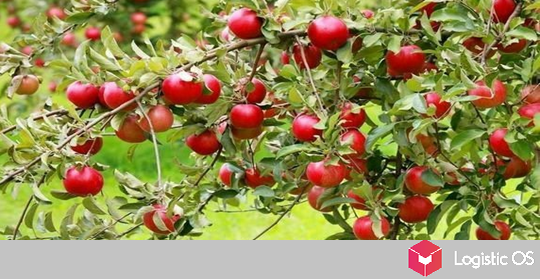The aging of oil palms in Malaysia may have far-reaching consequences for the market not only for palm oil, but also for rapeseed oil.
At the moment, according to the latest information, about 27% of all oil palms in Malaysia are at least 20 years old.
At the same time, there is a forecast that by 2027 the situation will worsen and this figure will reach 35%, or 5 million acres.
Obviously, such old trees will bear fruit worse than young ones, and at some point they may die en masse, which will cause an immediate reduction in yield by several tens of percent.
In addition, experts note that harvesting from tall trees is difficult due to the lack of special mechanized devices. This leads to the fact that part of the harvest is lost every year.
From this it follows that the old palms need to be replaced as soon as possible. However, this is also associated with significant difficulties.
Firstly, young seedlings will bear fruit even worse than old trees for several years, so replacement will lead to a decrease in the harvest for some time.
Secondly, replacement requires a lot of money. At least $3 billion will be needed just to replant palm trees over 25 years old.
Most farmers do not have that kind of money, so they will need help from the federal government. However, in the last year, Malaysian farmers have not received any subsidies or tax breaks that they were counting on.
Thirdly, at the moment, the palm oil market has very high prices.
For this reason, producers are interested in maximizing profits right now, and therefore are in no hurry to replace old trees with new ones.
There is hope that receiving a good income will allow them to save up to some extent for planting new palm trees, but it will still be difficult to do without government help.
In the meantime, the problem is already beginning to manifest itself. For example, in the current season, the palm oil harvest in Malaysia is forecast at 19.2 million tons, which is 2% lower than last year.
All this may lead to the fact that in the foreseeable future, Malaysia may give up its leadership in palm oil production to Indonesia, where, by the way, there are more democratic export duties on oil: 3-7.5% instead of 8% in Malaysia.
However, palm oil production on the planet will fall one way or another, and this gives chances for large rapeseed oil producers, such as Canada, to replace the resulting deficit with their products.

